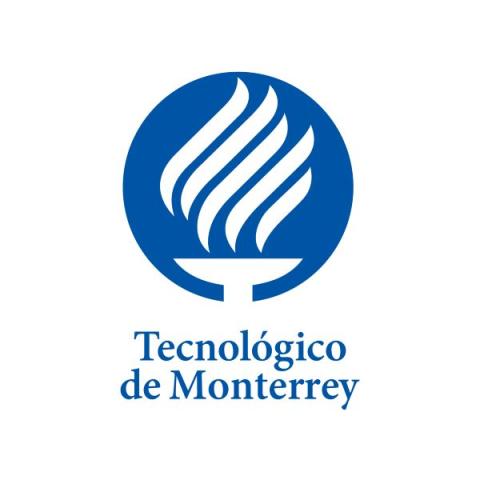
Enrich your online evaluation practices with this quick guide
A group of academics from Monterrey Institute of Technology present a series of recommendations for designing and implementing online assessment
You may also like
Popular resources
With the manifold changes to the way we offer education in recent years, most academics are now required to be comfortable working online. One area that has caused more consternation than most is assessment, with much discussion ongoing about how best to test and evaluate students digitally. When considering adapting your face-to-face assessment to an online environment, there are numerous factors to be weighed up. Here, we present some of our key recommendations when adopting new evaluation strategies.
If it’s possible, replace exams
What comes to mind when you think of evaluation? Generally, it’s exams.
Although exams have historically been an effective evaluation instrument, the digital environment demands new strategies, mainly due to the difficulty of control and supervision of students when an exam is applied.
Some alternatives to consider are:
Performance demonstration
If your students need to master a procedure or skill, that is, be able to do something, consider asking them to demonstrate that via a video where you can see them in action. For closed exams that include problem-solving, consider requesting a photo of the workings process that the student used to find the answer.
Integrative activities
Set activities such as projects, case analyses or reports, which challenge students to demonstrate their learning through the application of knowledge rather than only recovering it.
However, while the general recommendation when working online is to replace exams where possible, it is also clear that exams remain essential for certain disciplines, especially those where one needs to be sure that the student is capable of memorising and recovering specific concepts (for example, in health disciplines) or master numerical operations (in some engineering or business disciplines).
Ideas for evaluation design
Focus on what you are going to evaluate, not on the resources. Avoid questions with verbatim information from a book or excerpts from other resources (How is the economy defined by X author? What are the five essential symptoms of depression mentioned in X video). Try to start from what you want to evaluate and, based on that, paraphrase definitions or present problems.
Redistribute grade share. Reduce the weight of exams in the final grade and assign greater value to other tasks or activities that also contribute to demonstrating student learning (projects, reports or case analysis, among others).
Include open questions. Integrating open questions into online exams can be very useful, since they demand broad, deep and significant answers. Try to avoid questions that simply require factual information to be recalled, and give preference to explanations (how), reasons (why), opinions and rationale.
Include application questions. Questions that demand reflection on and application of knowledge are also useful. Examples include:
- Decision-making: provide a scenario or case that requires the student to choose or explain what they would do based on what was studied in the course
- Error analysis: provide the description of a situation along with its resolution, the application of a methodology or an argument and ask the student to identify errors
- Problem solving: provide a scenario or situation involving a poor decision or mistake that will lead to a problem. Then include three multiple-choice questions: the first one to identify the problem, the second one to infer the consequences and the third one to choose the solution.
Ideas for evaluation implementation
Use monitoring schemes. If exams are necessary, monitoring tools such as Respondus, ProctorU and RPNow are options to consider.
Supplement with an interview. Complement the evaluation with interviews in which you ask the students questions related to their learning about a topic or their participation/performance in a project or activity.
Supplement with meta-knowledge activities. Complement evaluations with an activity in which students identify their learning and areas of opportunity (for example, what they did not know before but do now; what they can now do and/or what could be improved). These activities have options in terms of delivery format (essay, presentation, video, animation, comic).
As you can see, some of the alternative strategies for assessing learning include many practices you are probably already acquainted with, so often it is just a matter of being willing to give up familiar means in order to try new ones. Asking ourselves what would be a good way to tell if our students have achieved a specific learning goal is an effective starting point for devising new ways to evaluate learning in an online environment.
Graciela González-Valdepeña is a solution design leader, Adriana Plata-Marroquín is an educational innovation leader, and Gabriela Sánchez-Castillo is a learning architect, all at Monterrey Institute of Technology, Mexico.
If you found this interesting and want advice and insight from academics and university staff delivered direct to your inbox each week, sign up for the THE Campus newsletter.
Do you work in US higher education? Join us in Los Angeles at THE Campus Live US on November 9-10 where we will unite academics and senior administrators from institutions across the country to discuss how to take on the sector’s shared challenges. Register to join




.jpg?itok=eveUOYKV)
Comments (0)
or in order to add a comment